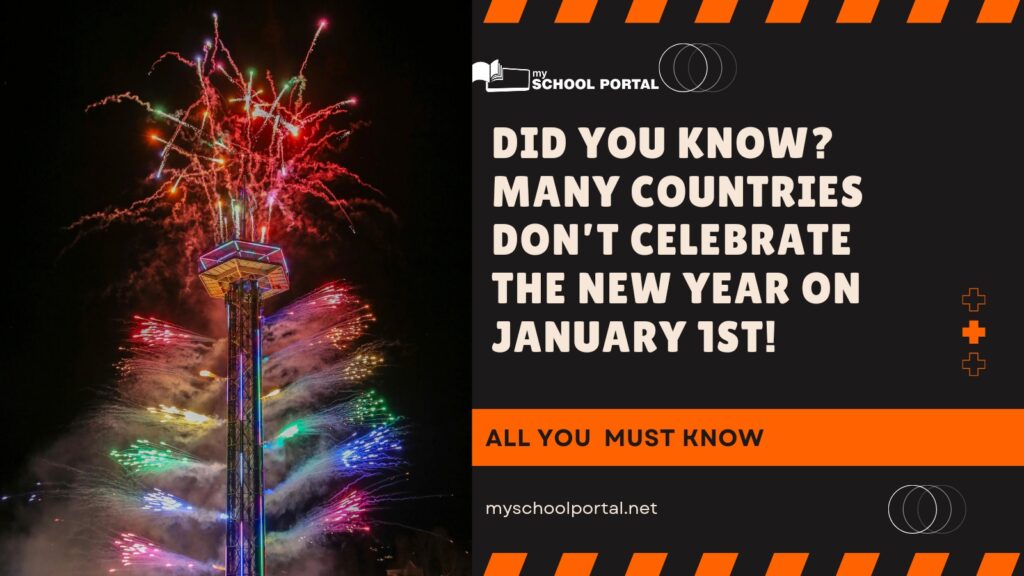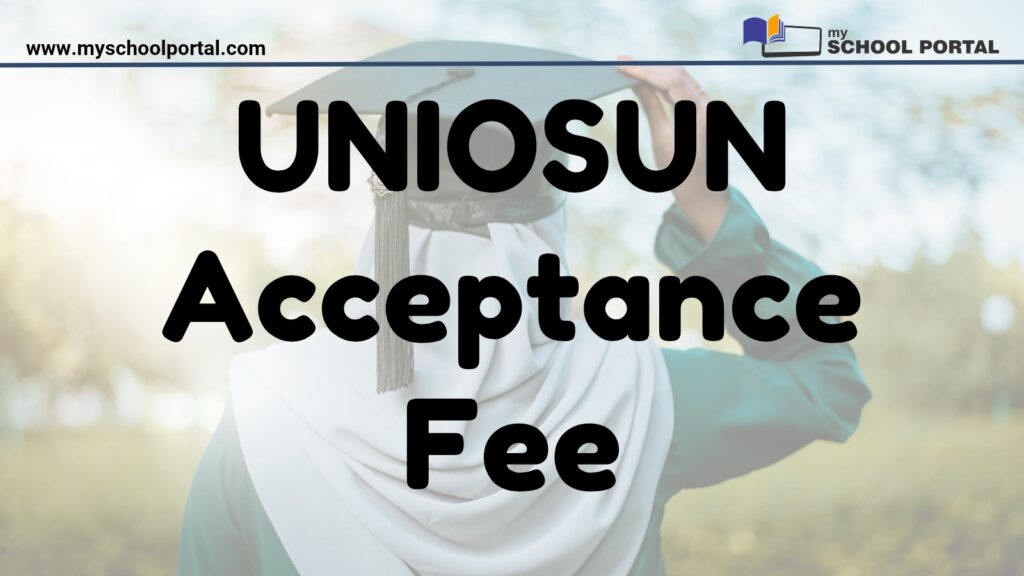While January 1st is commonly recognized as New Year’s Day across the globe, numerous countries and cultures observe their New Year on alternative dates. These variations often stem from unique calendars, religious traditions, and seasonal cycles, showcasing the cultural and historical diversity of societies.
Countries That Do Not Celebrate New Year’s Day on January 1st
Saudi Arabia
In Saudi Arabia, the New Year follows the Islamic calendar. The Islamic New Year begins with the sighting of the new moon at sunset, marking the start of Muharram, one of the four sacred months in Islam.
Iran
Iran celebrates Nowruz, the Persian New Year, based on the Solar Hijri calendar. Occurring around March 21, Nowruz marks renewal and is celebrated in countries influenced by Persian culture, including Afghanistan, Azerbaijan, and Turkey.
China
The Chinese New Year, also called the Lunar New Year or Spring Festival, is determined by the lunisolar calendar. Its date changes yearly, typically falling between January 21 and February 20. In 2025, it will be observed on January 29.
India
India’s New Year celebrations vary across its diverse cultures, with different regional calendars marking New Year on different dates. Despite this, January 1 is officially recognized for governmental purposes.
Vietnam
The Vietnamese New Year, Tet Holiday, aligns with the lunar calendar. In 2025, Tet will be celebrated on January 29, emphasizing family and cultural heritage.
Bangladesh
Bangladesh celebrates Pohela Boishakh, the Bengali New Year, on April 14. Rooted in the Bengali calendar, this vibrant festival is also observed in parts of India with Bengali influence.
South and North Korea
Koreans celebrate Seollal, their New Year, based on the lunisolar calendar. This three-day family holiday typically falls in January or February, depending on the second new moon after the winter solstice.
The celebration of New Year on dates other than January 1 reflects the richness of global traditions and beliefs. By observing their New Year on culturally significant dates, these societies highlight the diversity of human heritage and the universal spirit of renewal and hope.
Related
Stay updated with the latest student resources and insights from My School Portal! Subscribe to our newsletter for fresh content delivered straight to your inbox—no spam, just value 😊
Related posts:


















